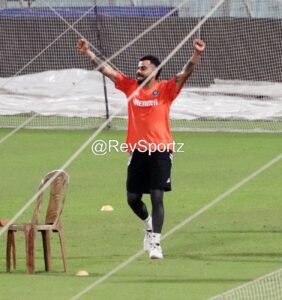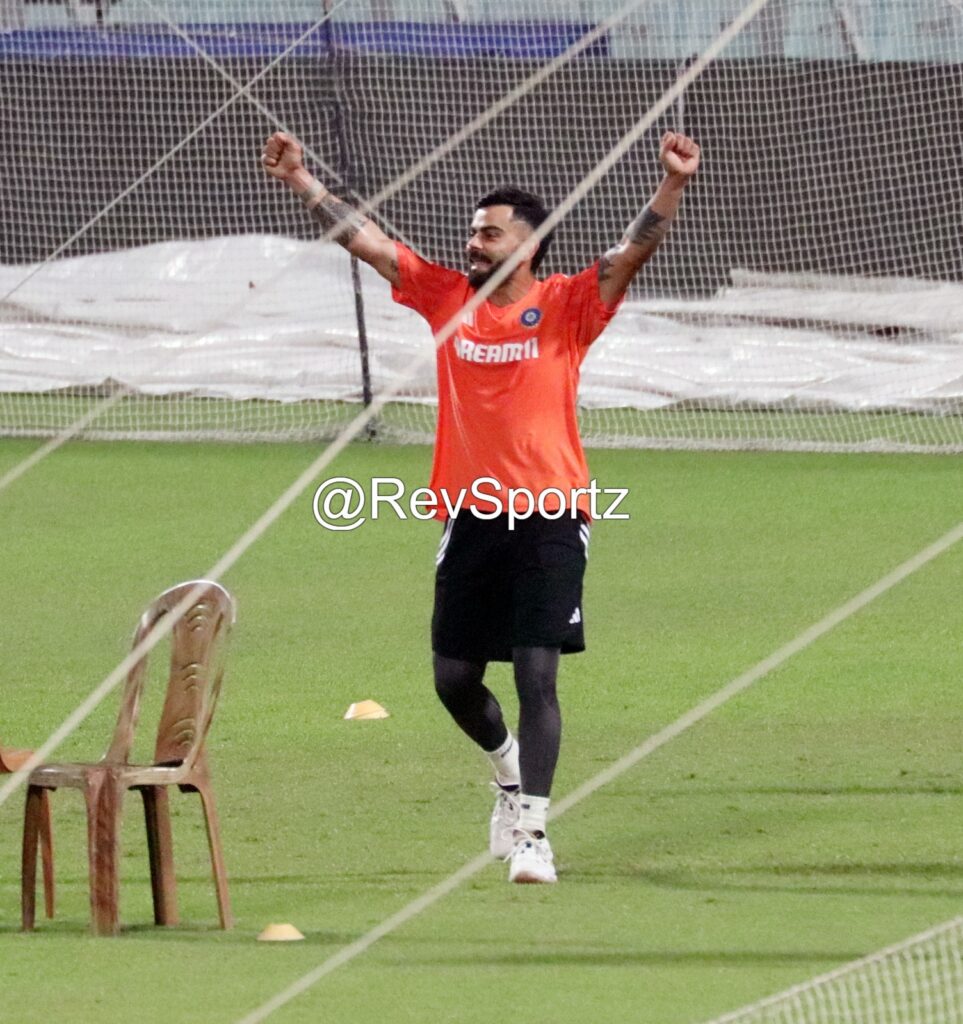
It was Virat Kohli’s first tour down under with the senior team. And at Perth in January 2012, Australia, as they often do, had managed to get under his skin. Not able to handle the heckling from spectators, Kohli descended to low-level combat. He showed the middle finger to a particularly noisy section of the crowd after they called him a ‘wanker’. The anger (mis)management was a feature of early Kohli, and there were concerns if it would get in the way of a full blossoming of his talent.
Two months down the line, it was a very different story. Kohli had just scored a match-winning 183 against Pakistan in Dhaka in a match that ended close to midnight. The media, present in strength, were waiting for the Kohli soundbyte before filing their match reports. At Mirpur, the press conference enclosure is on the opposite side of the pavilion and one has to trek across the ground to reach it. On his way to the media centre, Kohli suddenly stopped, turned and started jogging towards a section of fans in the stands. Some 2,000 spectators had stayed back after the match and were still screaming “Kohli, Kohli” with gusto.
Kohli, to the surprise of many present, decided to oblige them first, with photographs and autographs, before turning his attention to the media. He was fully aware, of course, of what he was doing, and he even apologised to the media contingent as soon as he entered the press conference room.
The transformation had begun.
A new maturity and a new composure seemed to cloak the aggressive on-field persona. In November 2013, after playing his 200th Test and his last international, Sachin sat in the Wankhede dressing room, all by himself, contemplating the moment. Here’s what happened next, in his own words: “As I sat in the dressing room, Virat walked up to me. I could see tears in his eyes as he approached me and held out a gift for me. It was evidently something very close to his heart. He said his dad had given it to him (a family heirloom for good luck) and he’d always wondered who he would pass it on to. I was speechless that he’d considered me worthy of such a rare honour. As we hugged, a lump had started to form in my throat, and I asked Virat to leave before I burst into tears.”
By 2016-17, when Virat took over the captaincy in all formats, the transformation was complete. Still combative and always a straight shooter, he was unafraid to call the Australian captain a cheat without ever using the word or to take on the media for criticising MS Dhoni and questioning his place in the team. It was no surprise that he had the unqualified loyalty of the squad and the support staff. He wasn’t perturbed by the cutting words of Anil Kumble, the outgoing coach, in June 2017 or by the backlash on social media prompted by the Kumble ouster.

This extreme self-assurance, mistaken for arrogance by some, is also key to understanding the Kohli phenomenon. That, and what Tendulkar describes as his “peripheral vision”. “He can read the game brilliantly and can anticipate the run of play well in advance. That’s what makes him stand out,” said Tendulkar, crediting him with a kind of cricketing prescience, apart form the ability to pace his knocks to a nicety. “That’s why he is so good in a run chase. He knows and understands where a match can be [before it gets to that point], which helps him marshal his resources better.”
I remember having a conversation with Kohli sometime after India lost the World Cup semi-final to New Zealand in Manchester in July 2019. He had been dismissed for one by an incoming Trent Boult delivery, a ball that television replays showed was clipping the top of the stump. The decision could have gone either way and it was unfortunate for Kohli and for India that the umpire’s dreaded finger had gone up.
“Honestly, when we went to the World Cup I had this very strong feeling in my heart that the team would need me in some game, and it would be a chase, and I swear I had this feeling so strong that I am going to come not out at the end of the game and take India through that rough phase,” he said. “And I really felt strong that was the game (semi-final vs New Zealand). When I walked out to bat, I knew this is the game but maybe that was my ego talking, because how can you predict something like that? You can only have a strong feeling or maybe it was a strong desire of mine. But it did not turn out that way. My dismissal was really disappointing for me. This wasn’t because I hadn’t scored. It was because I had failed to contribute to the team and we had lost a match that we should have won.”
That 2019 loss is now history and, more importantly, Kohli is completely at peace with himself at the moment. At peace with his game and where he wants to take Indian cricket. On his birthday, he seems ready for the biggest 14 days of his cricket career. A supreme athlete committed to a cause, Indian cricket is in a good space with him around.
Happy Birthday, and we hope to see Shubman Gill and Mohammed Siraj carry him on their shoulders on November 19. The best birthday gift for Indian cricket’s Pied Piper.




